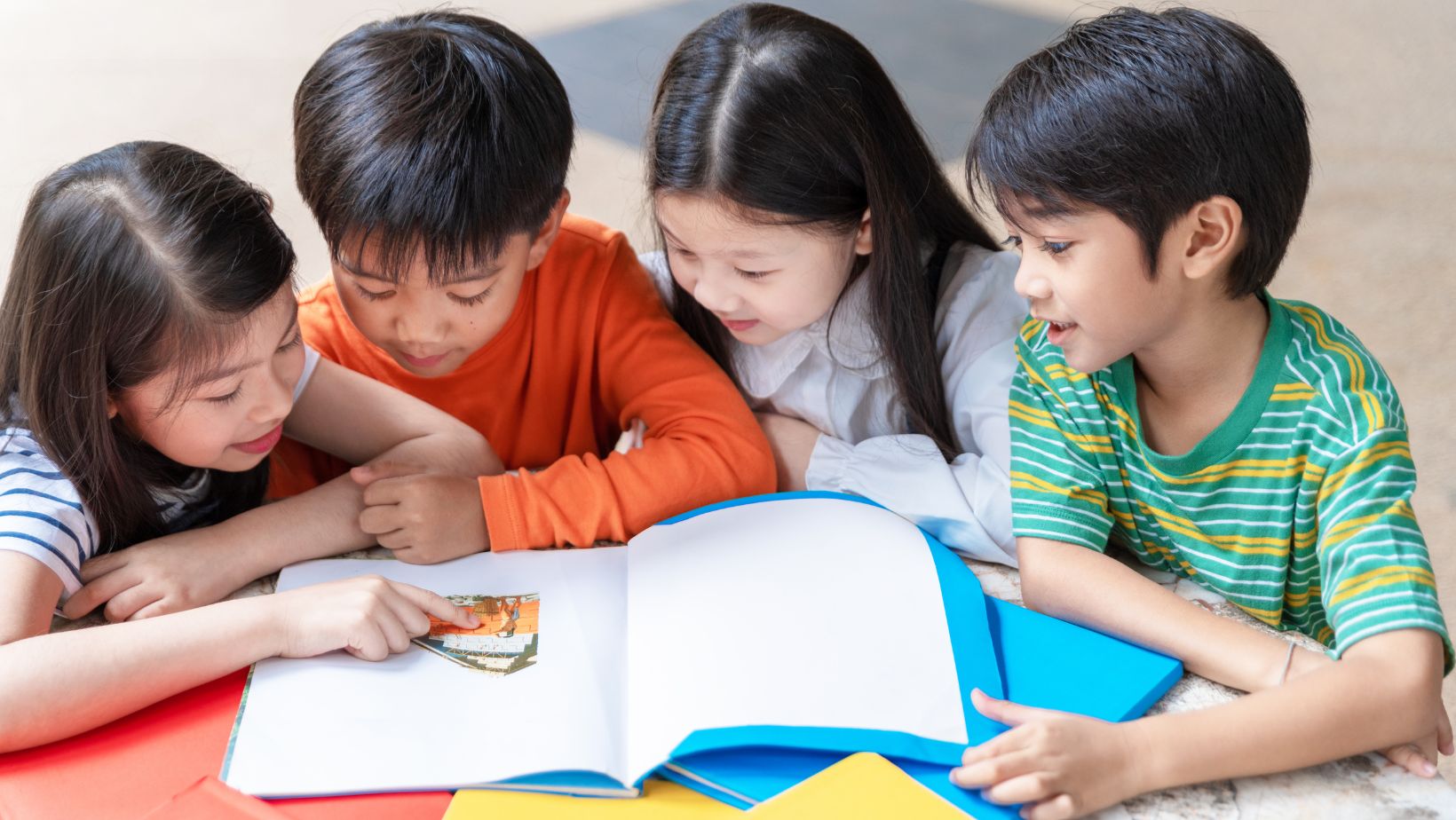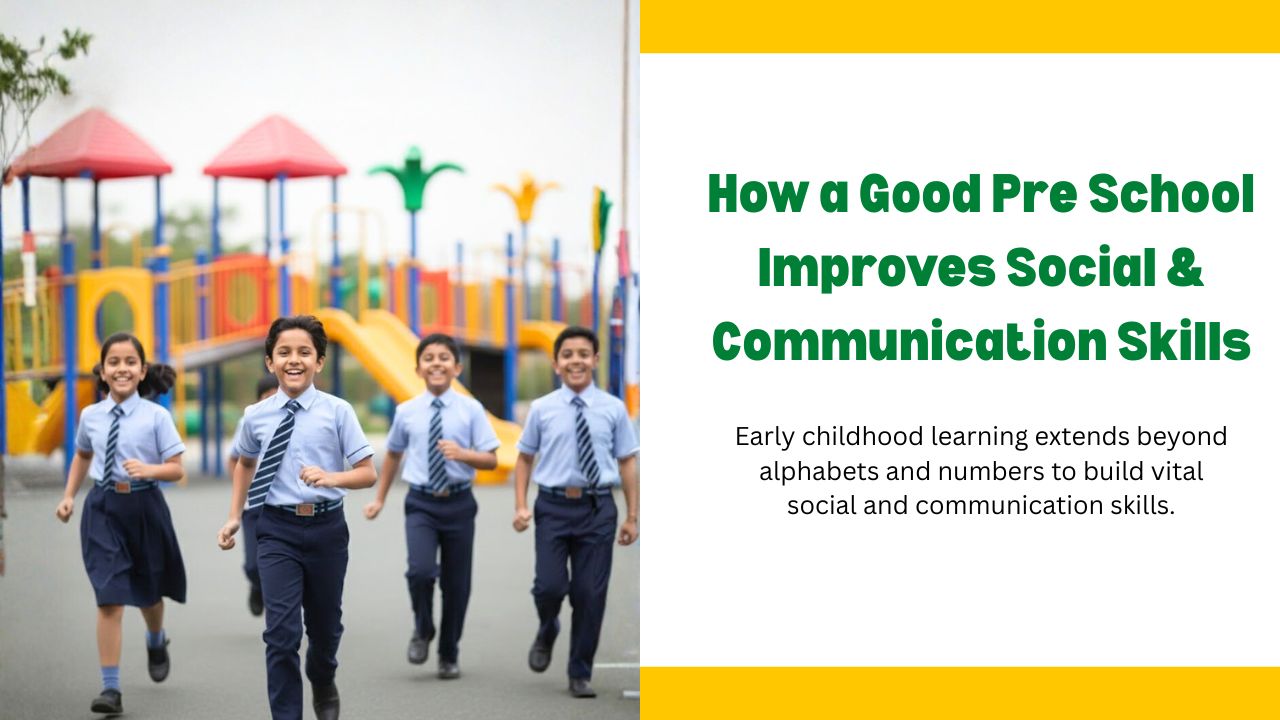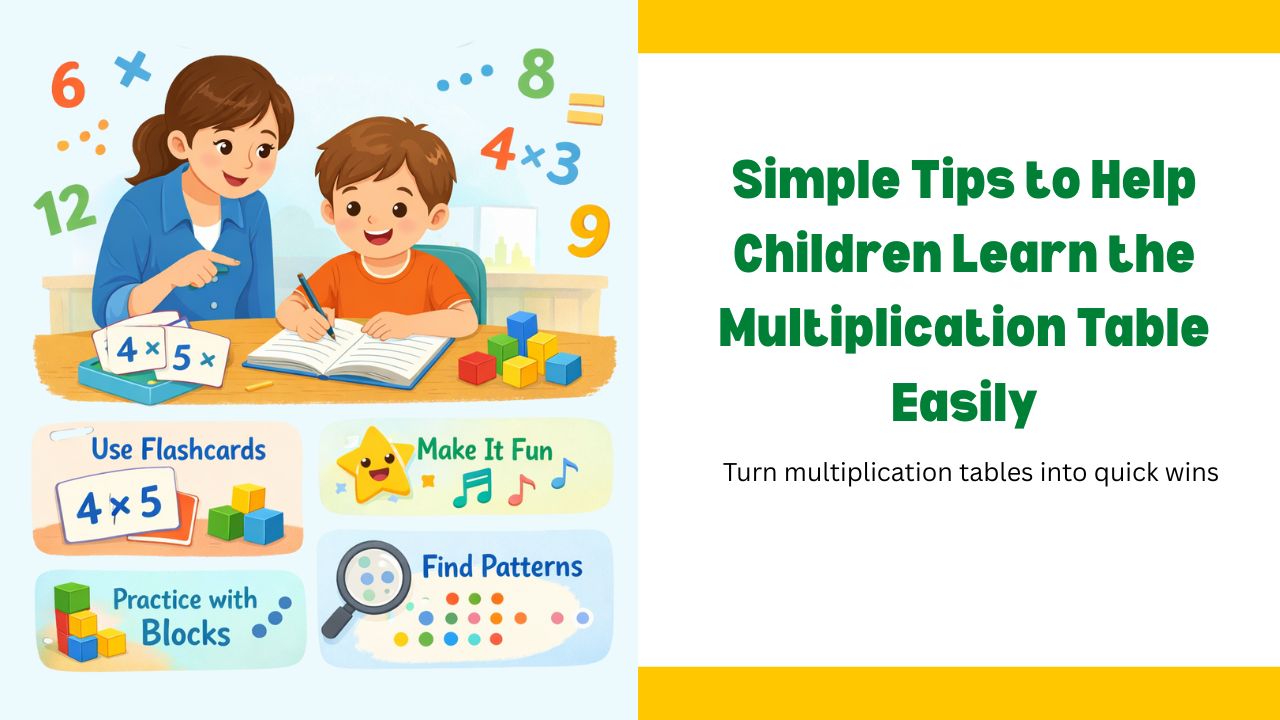Tips for Teaching Children About Sharing
Sharing is an essential social skill that every child must acquire, but often the idea of “mine” precedes “ours.” However, it is vital to teach children the importance of sharing from an early age, as it greatly impacts their social, emotional, and cognitive development. This blog aims to provide practical advice and strategies for parents and educators to help and give tips for teaching children about sharing. From understanding the concept itself to creating an environment that promotes sharing, utilizing role-playing and positive reinforcement techniques, managing conflicts, fostering empathy, and engaging in enjoyable sharing activities, this comprehensive guide will provide you with the necessary tools to transform “mine” into “ours” and cultivate a generation of compassionate and cooperative individuals.
1. Understanding the Concept of Sharing
– What is Sharing?
Sharing is a deceptively simple act – the willingness to give or divide something with others. However, for children, it requires the development of several critical skills. Empathy, the ability to understand and share the feelings of others, is essential for recognizing when sharing is appropriate. Self-regulation, the capacity to control one’s emotions and behaviors, is necessary for overcoming the natural inclination to hold onto possessions. Additionally, a sense of fairness, the understanding that everyone should have equal access to resources, is crucial for equitable sharing.
Sharing matters because it lays the foundation for positive social interactions from a young age. Children who learn to share are better equipped to cooperate with peers, resolve conflicts, and build healthy relationships. Furthermore, sharing helps children develop perspective-taking skills, allowing them to understand and consider others’ points of view, a vital component of emotional intelligence.
2. Setting the Stage for Sharing
– Lead by Example:
Children are natural imitators, learning best through observing and mirroring the behaviors of those around them. As parents and caregivers, we have a unique opportunity to lead by example and model sharing behavior in our daily interactions. Whether it’s sharing a snack with a friend, taking turns using a communal resource, or offering to lend a helping hand, these simple acts demonstrate the value of generosity and cooperation.
Creating a sharing-friendly environment is equally important. At home or in the classroom, designate dedicated spaces where children can engage in shared play. These areas should be equipped with toys, books, and activities that encourage collaboration and teamwork. Open-ended toys that can be used in various ways, such as building blocks or art supplies, are particularly effective in promoting sharing and creative problem-solving.

3. Practical Tips for Teaching Sharing
– Start Early:
Introducing the concept of sharing should begin early, even with toddlers and preschoolers. Use simple language and concrete examples to help them understand the idea of taking turns or dividing toys or snacks.
Role-playing scenarios and games are powerful tools for teaching sharing. Engage children in pretend play situations where they must negotiate and share toys or resources with others. Use dolls, action figures, or other props to make these scenarios more engaging and relatable. For example, you could act out a scenario where two dolls want to play with the same toy and have the children suggest solutions for how they could share.
Positive reinforcement plays a crucial role and give tips for teaching children about sharing which develops good sharing habits. When children demonstrate sharing behavior, offer praise and rewards to reinforce the positive association. Consistency is key – consistently praising and rewarding sharing behavior will help it become a habit.
Also read: The Vital Role of Healthy Food in Children’s Development
4. Handling Sharing Conflicts
– Common Challenges:
Conflicts are an inevitable part of the learning process as children navigate the complexities of sharing. While these situations can be frustrating, they present valuable opportunities for growth and development. Common challenges may arise when children struggle to take turns, resist sharing their favorite toys, or become possessive over certain items. In these moments, it’s crucial to approach the situation with patience and empathy.
When conflicts occur, employ step-by-step conflict resolution strategies to mediate the situation effectively. Teach children to express their feelings calmly and respectfully, using “I” statements to convey their emotions and desires without blaming or accusing others. Encourage active listening by having children restate each other’s perspectives, fostering an understanding of differing viewpoints.
Next, guide children through the process of negotiating solutions. Brainstorm ideas together, considering each child’s needs and wants, and work towards a compromise that satisfies all parties involved. Throughout this process, model patience, empathy, and effective communication skills. Validate their emotions, acknowledge their perspectives, and offer constructive suggestions for resolving the conflict peacefully.
5. Encouraging Empathy and Understanding
– Teach Empathy:
Empathy is the cornerstone of sharing – the ability to understand and share the feelings of others. By cultivating empathy, children become better equipped to share and cooperate, recognizing that their actions and choices impact those around them. Engage children in activities and discussions that foster empathy, such as role-playing scenarios that encourage them to consider different viewpoints.
Storytelling and reading books that emphasize the value of sharing and empathy are powerful tools in this endeavor. Select stories with relatable characters and situations that illustrate the consequences of selfish or generous behavior. Discuss the characters’ actions, emotions, and the ripple effects of their choices. Use these stories to reinforce the importance of sharing and caring for others, drawing parallels to real-life situations.
6. Games and Activities to Promote Sharing
– Interactive Games:
Learning through play is an effective way to reinforce the concept of sharing in a fun and engaging manner. Introduce interactive games and group activities that require sharing and teamwork, such as cooperative board games or relay races where children must pass objects to one another. These experiences not only foster sharing skills but also promote collaboration, communication, and problem-solving abilities.
Collaborative craft and art projects are also excellent opportunities for shared experiences. Provide a limited number of materials or supplies, encouraging children to share and work together to complete the project. This not only reinforces the value of sharing but also cultivates creativity, compromise, and the ability to work towards a common goal.
On a larger scale, consider involving children in community service projects or group activities that promote sharing on a broader level. These experiences can help children understand the value of generosity and cooperation within their communities. Volunteering at a local food bank, participating in a neighborhood clean-up, or organizing a toy drive are just a few examples of activities that can foster a sense of shared responsibility and contribute to the greater good.
Conclusion
Educating children on the essential skill of sharing at a young age is crucial for their overall growth. By promoting empathy, self-control, and a concept of justice, we provide them with the means to handle social situations, settle disputes, and develop positive relationships. Encouraging sharing behaviors not only fosters teamwork and partnership but also molds kind-hearted individuals who value generosity and empathy towards others. As we guide our children through this process, we are preparing them to become responsible, emotionally intelligent citizens who can make a beneficial difference in their community.
Cultivate well-rounded, empathetic learners by choosing Laureate High School. Our institution is dedicated to promoting not only scholarly achievement but also the social and emotional development of each student. Through a values-driven curriculum that emphasizes sharing, teamwork, and understanding diverse perspectives, we ensure comprehensive growth for every learner.
Follow Us On Instagram:-@laureatehighschool










